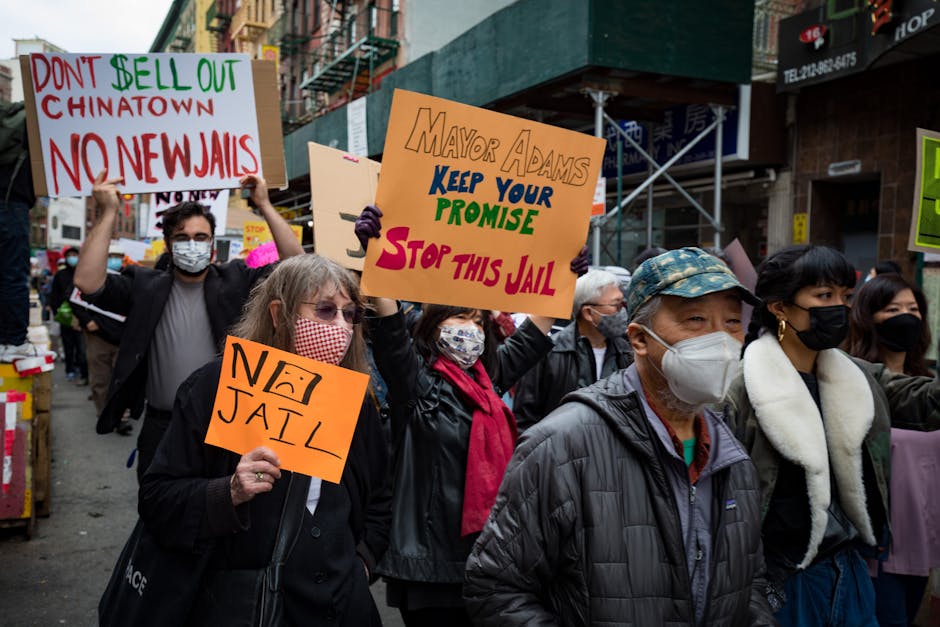Thakurnagar, West Bengal – In the bustling lanes of Thakurnagar, the spiritual home of the Matua community, the air is thick with more than just the winter fog. It’s thick with anticipation, simmering frustration, and a single, recurring question that echoes from tea stalls to temple courtyards: “Do we still count?”
This is the Matua heartland, a vast and politically potent region spanning the districts of North 24 Parganas and Nadia. For decades, this community of Namasudra Hindus, who migrated from East Pakistan (now Bangladesh) to escape religious persecution, has been defined by one overriding demand: undisputed Indian citizenship.
A Golden Key, Still Out of Reach
In 2019, the Bharatiya Janata Party (BJP) handed them what seemed like a golden key – the promise of the Citizenship Amendment Act (CAA). The Act was hailed as the final deliverance, a legislative balm that would grant citizenship and dignity to millions. The Matuas responded in kind, voting overwhelmingly for the BJP and helping the party secure a historic 18 Lok Sabha seats in West Bengal.
Five years on, that promise remains tantalizingly unfulfilled. The suspense over the CAA‘s implementation has become a defining feature of the political landscape here.
Voices from the Ground: ‘Promise-Fatigue’ Sets In
“We lit lamps when the CAA was passed in Parliament,” says 72-year-old Manindra Biswas, his voice raspy with emotion as he sits outside the iconic Thakurbari temple. “We thought our long struggle was over. Now, we just have questions. Every election, they come and promise. But the proof of our identity is still just a piece of paper that someone else can question anytime.”
This sentiment of ‘promise-fatigue’ is the new political currency. The delay in notifying the rules for the Act has created a deep chasm of doubt. The community, which once felt seen and valued, is now beginning to feel used, amplifying the suspense in West Bengal’s Matua heartland.
The Political Tug-of-War: BJP vs. TMC
The BJP, acutely aware of this growing unease, is in overdrive. Local BJP MP and Union Minister Shantanu Thakur, a scion of the Matua community’s founding family, has repeatedly assured his constituents that implementation is imminent. However, several self-imposed deadlines have come and gone.
This delay has provided fertile ground for the Trinamool Congress (TMC). Chief Minister Mamata Banerjee’s party has consistently opposed the CAA, framing it as a discriminatory trap. The TMC’s narrative is simple and effective: “You are already citizens, you vote in every election. The BJP’s CAA is a trick to turn you into foreigners first.”
Caught in the Middle Ahead of 2024 Elections
This political battle has left the community in a state of suspended animation.
“Who do we believe?” asks Subrata Mondal, a young van-rickshaw driver in the nearby town of Bongaon. “The BJP says CAA will give us rights, but they haven’t done it in five years. The TMC says we don’t need it, but we still face harassment and are asked for pre-1971 documents. We are stuck in the middle.”
This uncertainty looms large ahead of the 2024 Lok Sabha elections. The Matua vote, estimated to influence the outcome in at least five to seven parliamentary constituencies, is no longer a foregone conclusion for the BJP. While the core desire for the CAA remains strong, faith in its delivery is wavering.
As dusk settles over Thakurnagar, the temple bells ring. For the Matuas, it is a prayer for spiritual solace, but also a prayer for a tangible identity—for an end to the suspense that has defined their lives for generations. The BJP made a promise that touched the community’s soul. Now, the Matuas are waiting to see if their vote still counts.




